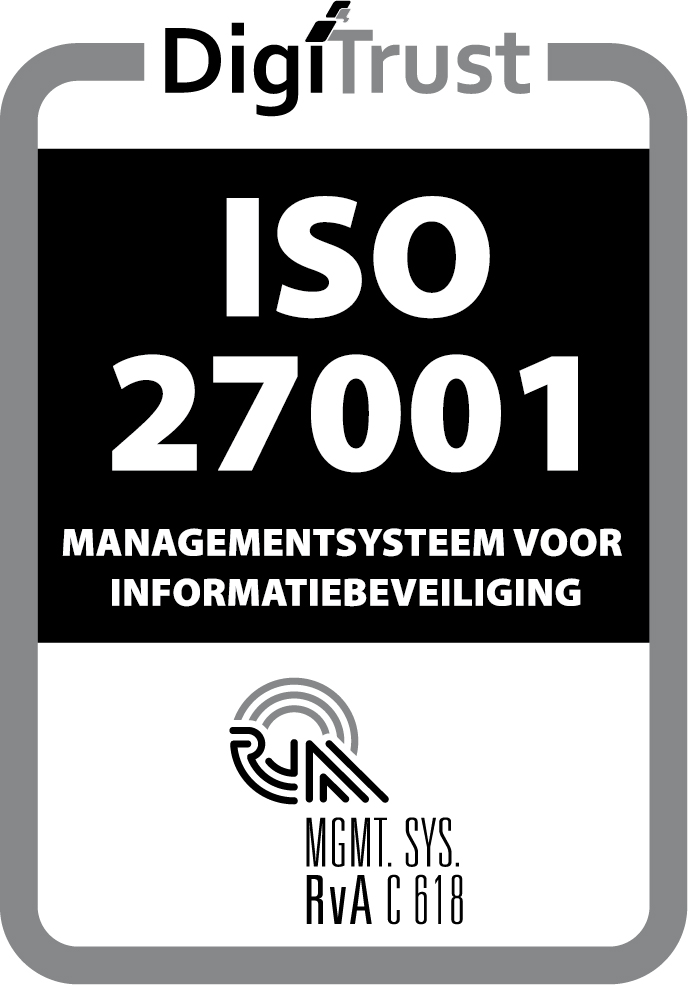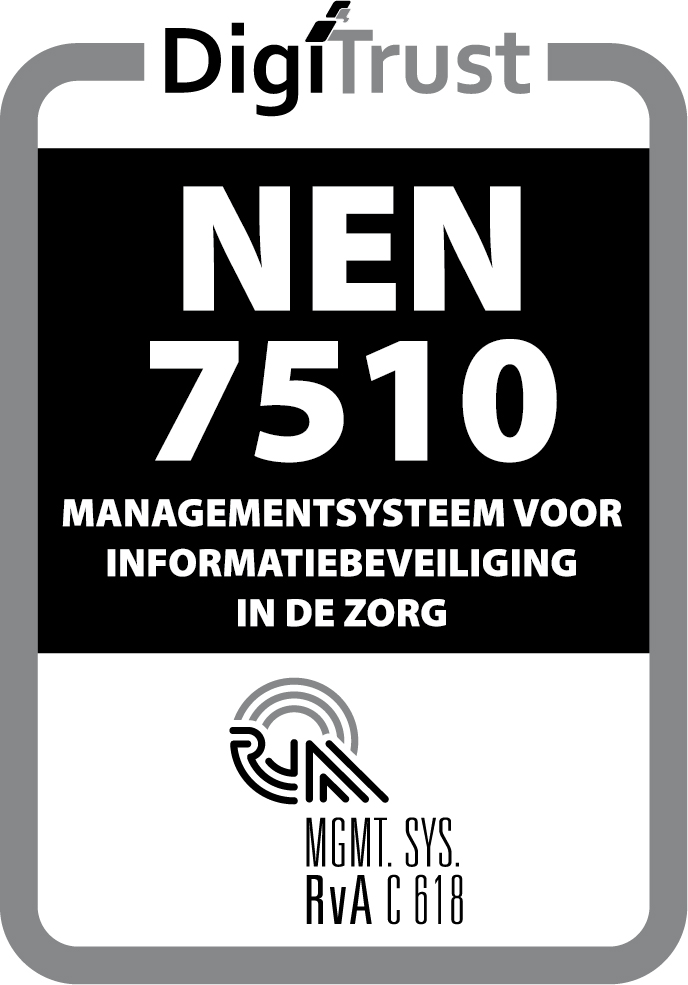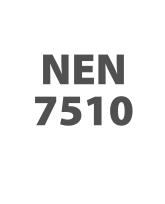Moving from traditional care to online and blended care; after mental healthcare organisations in the Netherlands, like many other organisations, were forced to work online during the pandemic, now is the time to look at the possibilities this brings us. Because working fully online or face-to-face isn’t ideal for everyone. So instead of the one or the other, we’re looking at a more flexible and effective approach. And that is where blended care comes into play. Here, we’ll explain what blended care means and who it’s suitable for.
What is blended care?
Blended care is a way of working in which both face-to-face contact and innovative digital solutions are used. The addition of technology to the existing working method contributes to making mental healthcare more sustainable. Blended care gives the therapist the opportunity to optimize treatment by e.g. making it more personal or cost-effective. These possibilities go further than traditional E-health modules that are used during face-to-face treatment as a replacement for, for example, a homework assignment. Think of chat contact between sessions, real-time insight into the progress of client and therapist, psycho-education, questionnaires and even specific therapeutic interventions.
Who is blended care suitable for?
What works for one person may not be equally effective for another. Blended care gives the therapist the flexibility to adapt the treatment to the wishes and needs of the client. This makes the treatment much more personal!
It can be helpful to occasionally see clients on location, but also to guide clients remotely. Let’s take the treatment of a panic disorder as an example: it can be good to start with face-to-face exercises or go outside with your client, and then ask your client to do this exercise independently. Blended care can also be a solution for certain practical barriers a client might face: if they don’t have transport to get to the location, for people who live far away from a practice or work full-time and do not have time to come to the location during the week.
More about blended care
Blended care is a new way of working, with more efficient and personal treatments, less travel time or necessary office space and more autonomy for therapists. And, according to research, just as effective as face-to-face treatment. A more sustainable way of mental healthcare, for the client, organisation and the world. Sounds ideal, doesn’t it?
Now that you know what blended care means, we’re more than happy to explain what the sustainable advantages of blended care are for both the therapist and the client. Curious to know how NiceDay fits into this? Download our free whitepaper!






